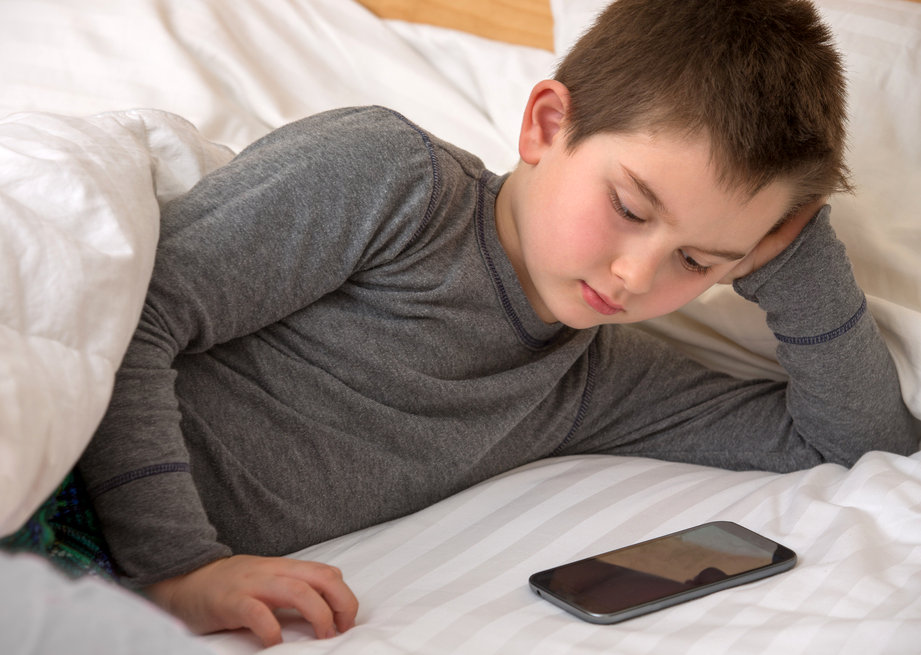
Now that the summer time is officially over, it’s time for your child to get back with the school life and studying. But this could be difficult, especially if you had cut slack to your children during vacations. It’s not that simple but it’s totally worth it. it’s your job to guide your child to the right routine that won’t sever their grades. Detaching your kids from their smartphone would be your biggest challenge; it’s important, because if you don’t, your kids are going to end up with the same routine that they had during holidays.
Take the smartphone down
Although, there are some exceptions to the general rules mentioned below, for most of the time, your child needs to stay disconnected from their cell phone during study hours. It’s very common for kids to switch back and forth between their smartphone and schoolwork; in fact, 80 percent of the kids have admitted to this habit, according to a recent survey.
This continuous switching isn’t just bad for their grades, but also for their health. A study by the University of London has looked into the consequences of multitasking on the brain performance. It was found out that the brain’s IQ drops significantly due to multitasking, just like smoking marijuana or sleep-deprivation would do it. Not just that, multitasking could also bump cortisol levels in the body, leading to stress and tiredness.
Make sure that your child’s phone is completely off access by using Trackmyfone during their study time. Also, make sure that your child’s cell phone is on silent and won’t even vibrate upon notification. You don’t only have to cut their access to cell phone, but you also have to stop them losing their concentration. They can’t study if they know that they have an unread text or a missed call. (can you resist missing a notifications)
Make an exception
Some apps should be allowed on their phones that could help them in studying. Don’t allow them to surf web or access social media, but any app that could aid their learning could be provided. For instance, you can let them use Stack the States app, if your child is learning about capital and states. If there is nothing that could help your child’s learning, you don’t have to make an exception. If they want to surf the internet for educational reasons, let them use a family computer. Only let your kids use educational apps if they are going to help your child, but that would require you to take some more interest in their curriculum.
And if your child goes to a school that encourages cell phone use, you may want to reconsider all the rules. There are many schools that have really improved the digital spectrum around classrooms, allowing kids to use tablets and cell phones for assignments, classroom updates and test preps. There are even some apps that allow students to communicate with the teacher for updates even outside the school time. If your child is part of one of these technologically-advanced classrooms, it’s important that you allow them such apps. But make sure that your child accesses such material before they sit down to study; once they have their books in front of them, same rules will apply.
Allow some FaceTime sessions
There are different ways kids like to learn nowadays, and if your child prefers to study in groups, you can’t undermine their request. It’s important for you to respect and recognize that your child may perform better in group studying, so let them have a FaceTime session as long as your child is up for studying.
But remember, if your child prefers to study in groups, this actually means actual groups and not some virtual world of FaceTime. You got to be smooth when it comes your child’s school life. Let them go to a friend’s place, or ask your child to bring their friends over. If your child goes out to a friend’s place for group study, keep a contact with that friend’s parents and tell them to keep you posted about their progress.—just make sure to stay in touch.
Use positive reinforcement
I remember the time when my mother would let me go out once I was done with my homework; well, this is called positive reinforcement where you reward someone’s good behavior to increase the probability of its recurrence.
Tell your kids they will be allowed to use their cell phones once they are done with their homework or test preparations. If they listen to you, reward them so that they will be certainty of a reward in the future.
Some parents, however, also use negative reinforcement together with positive reinforcement. This would mean, giving your child their cell phone just as promised when they will do their homework, but would also mean punishing them by taking some privilege away. For instance, you can tell them “you won’t get your phone for the next two days, if you aren’t going to complete your homework”. This works great for some kids but not for others. So make sure you know if negative reinforcement would work for your child.
Lastly
You have to recognize the fact that Gen Z and technology are inseparable and where smartphones have been posing dangers to kids, they are also making their lives much easier. If kids are provided the right online tools, then it’s highly likely that they would perform better at school.
Fearing that your child could turn up to nuisance while being online is what your parental instincts could be intimidating you about, but using a parental control app like Trackmyfone could largely help you deal with your kids’ perverse online habits.
Have something to share with us? Let us know in the comments.
Comments are closed.